Weed in North Korea: Cannabis Legal Status Guide

- 0. a. Cannabis laws in north korea
- 0. b. Possession
- 0. c. Sale
- 1. Growing
- 2. Is cbd legal in north korea?
- 3. Is it legal to send cannabis seeds to north korea?
- 4. Medicinal cannabis in north korea
- 5. Industrial hemp in north korea
- 6. History and politics
- 7. Helpful hints
Known as the “hermit Kingdom” and undoubtedly the world’s most secretive and isolated country, North Korea is a land that remains much of a mystery to the outside world. Home to over 25 million people and led by its colorful Chairman, Kim Jong Un, North Korea’s (officially/perhaps ironically known as the Democratic People’s Republic of Korea) cannabis laws are similarly shrouded in secrecy and confusion. While it has been claimed that the plant is not considered to be a narcotic, in the classic sense of the word, establishing certainty in North Korean law, let alone cannabis law, is not the easiest of tasks.
Still, we’re always up for a challenge, and in today’s article, we’ll look at weed in North Korea and try to answer that most oft-asked question, is weed legal in North Korea?
Cannabis laws in North Korea
In a world where both misinformation and disinformation are shared so readily, even in progressive societies, establishing factual information has become an increasingly challenging concept. Then there’s North Korea. Not the most tourist-friendly of countries, it is estimated that around 10,000 tourists visit North Korea annually, mostly from neighboring China. By comparison, over 30 million people visited Japan in 2020. As such, even anecdotal evidence about cannabis in North Korea is hard to come by; however, considered a conservative country by modern-day standards, it is said that typical Category 1 narcotics like heroin are very much illegal in the hermit kingdom. However, marijuana’s exact legal status is unknown, with mixed reports regarding its legality.
Indeed, some visitors to North Korea have suggested that the plant, which grows wildly in the country’s mountainous regions, can be consumed and traded freely. Others, though, have countered with the claim that North Korean weed is considered no more legal than substances like cocaine and heroin.
Possession
In reality, the truth exists somewhere in the middle. It is generally assumed that cannabis is illegal in the DPRK, and any foreigners caught in possession of the plant would be subject to arrest and, more than likely, prosecution. Unfortunately, the claims that cannabis is legal in North Korea are the kind of Chinese whispers that permeates much of our information airways. The confusion seems to have arisen when a blogger who had visited the country reported buying cannabis in the Rason SEZ - the only area in North Korea where foreigners are permitted to visit private markets. Mistaking the selling of hemp for cannabis resulted in a now urban myth that North Koreans are smoking up like a 70s Dutch coffee shop.

In any case, visiting North Korea is a complicated and convoluted process that is unlikely to be undertaken by anyone hoping for a little Pyongyang Pot. Ultimately, with the country’s laws remaining secret, it’s impossible to answer the “is weed legal in North Korea” question with too much certainty. Still, given the death penalties that already exist for relatively minor offenses, we would suggest that possession of cannabis in North Korea, particularly for foreign visitors, would be considered highly illegal.
Sale
As we have already discussed, establishing fact from fiction in North Korea is something of a thankless task. Moreover, while the country itself is highly secretive, even those who have visited or reported from the nation may have their own agendas when discussing North Korean laws, customs, or events. For example, in recent years, there have been claims that North Koreans were selling cannabis to both Chinese and Russian tourists. However, others have since claimed that it is, in fact, hemp, with no THC, that is being traded and not cannabis. Troy Collings, the MD of Young Pioneer Tours, a company that helps to organize trips for foreigners to the country, confirmed as much:
“I’ve seen and even purchased hemp. It does not contain any THC and is just sold as a cheap substitute for tobacco. it doesn’t get you high no matter how much you smoke.”
As such, we can safely assume that the sale of THC-grade weed in Korea is illegal throughout the People’s Republic.
Growing
Again, without any official legislation, there is no certainty as to whether the cultivation of weed in North Korea is illegal or not. However, based on the limited information available, it is safe to assume that anyone found to be involved in the mass cultivation of the plant would find themselves with some serious legal concerns. Cannabis grows in the North Korean wilderness, typically in the mountainous regions in the country’s north. However, while anecdotal reports suggest some North Koreans grow cannabis in their own garden, there is no supporting evidence to validate these claims.
Is CBD legal in North Korea?
Unfortunately, our research has drawn something of a blank concerning CBD legality in North Korea. However, as we have already mentioned, North Korea is known to have strict laws when dealing with those involved in the use or sale of narcotic drugs.
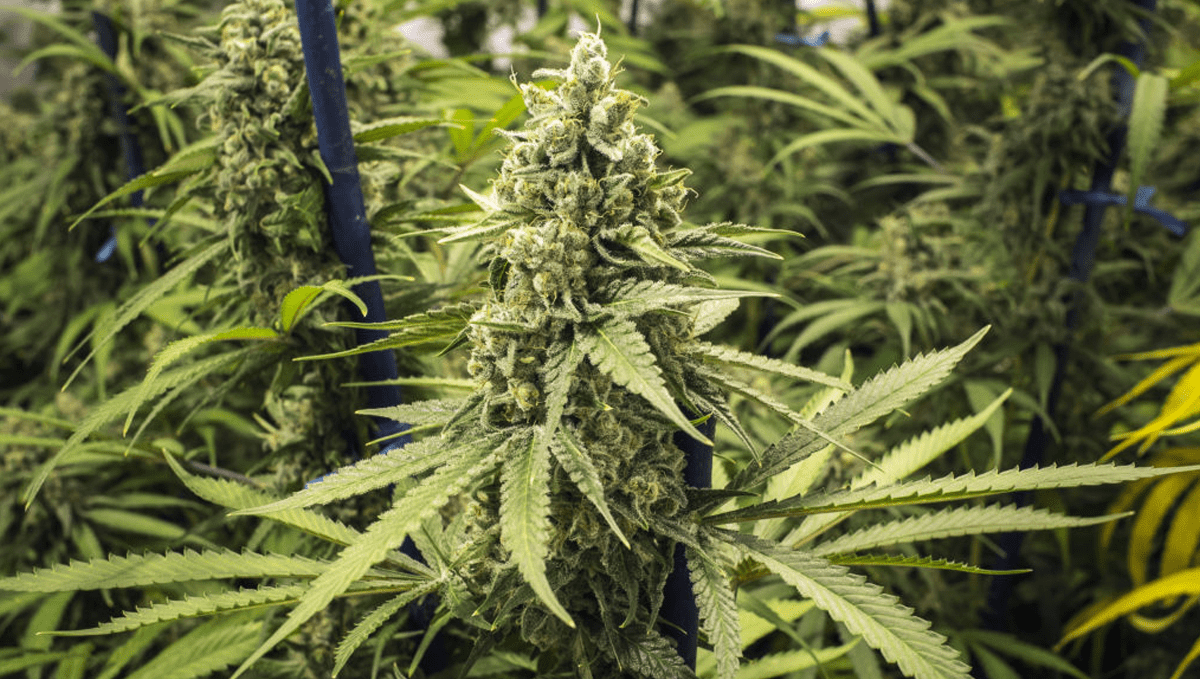
While the levels of THC in CBD oils are often low, they may be considered to fall into this illegal category. As such, it is safe to assume that CBD is not legal in North Korea and cannot be used or sold within the country.
Is it Legal to Send Cannabis Seeds to North Korea?
Once again, without any specific legislation to rely upon, we can make the assumption that both the sale and purchasing of cannabis seeds are not considered legal in the DPKR.
Medicinal Cannabis in North Korea
While neighboring Asian countries like Thailand and South Korea have begun investigating the potential for medical cannabis use, North Korea has declared no such intentions. Unfortunately, there are no plans or expected initiatives that could make legalized medicinal cannabis in North Korea a reality for its 25 million citizens.
Industrial hemp in North Korea
While we can safely conclude that cannabis is illegal in North Korea, the country actually boasts an industrial hemp industry with thousands of hectares dedicated to the plants’ cultivation. Of course, information is decidedly on the thin side; however, according to the Associated Press, the Pyongyang Hemp Processing Factory is responsible for the production of a variety of environmentally friendly hemp-based products. According to a representative of the organization, there are many different types of hemp grown inside North Korea. However, the PHPF was keen to stress that all of the hemp produced constraints only trace levels of THC. Reports from earlier this century claimed that North Korea’s hemp cultivation was one of the biggest in the world (at the time). The report from 2008 claimed that the country is responsible for producing around 13000 metric tonnes of hemp annually. However, it was also reported in 2009 that the North Korean government invoked new restrictions on the production of hemp.
Limiting each farmer to a maximum of three hemp sacks each, the North Korean government’s intervention would appear to have resulted in a scaling back of the hemp industry. Unfortunately, since the appointment of Supreme Leader Kim Jong-un, more recent analysis of North Korean hemp production has not proved readily available. What we do know is that the country produces the plant in primary growing locations in North Pyongan, South and North Hamgyong, and Ryanggang. All three provinces can be found in the northern more mountainous regions where hemp (and cannabis are said to grow wildly).
History and Politics
Like neighboring countries Japan and China, North Korea has a long history of cannabis cultivation that dates back many centuries. Some evidence, although relatively scarce, suggests that cannabis was cultivated by Korean farmers as long ago as 6,000 BC. In addition, farmers in both China and Japan are believed to have begun growing the plant around a similar time period. Yet, we can confidently say that hemp was being produced somewhere between 4,000 – 2,000BC following the archaeological discovery of a hemp thread strung through a needle in 1979. Thought to have been used during the Chulmun / Jeulmun Period, the Ye-Make people that habited North Korea’s east coast were also said to have produced hemp several thousand years ago. Further archaeological revelations included a 1998 dig in Southern Korea where a pair of hemp-bark sandals were recovered. Cultivated and used for a wide range of purposes, Korean hemp cultivation would continue unabated until the beginning of World War II in 1939.
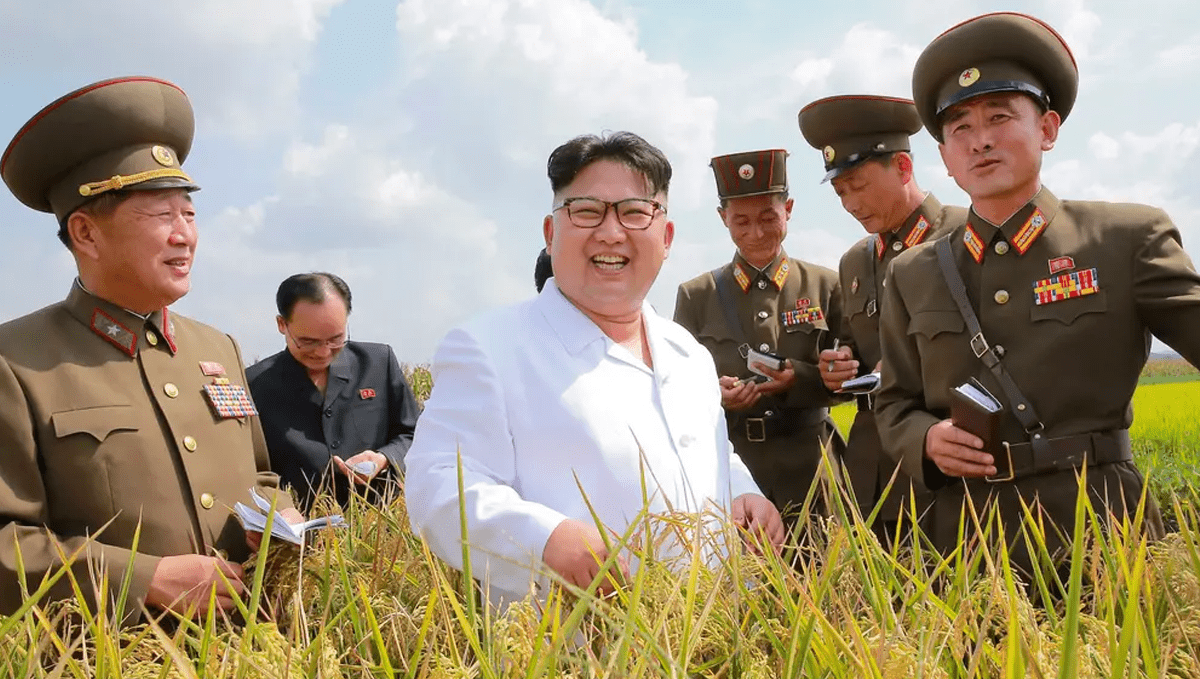
Indeed, prior to the war, Korea (the DPRK was formed in 1948) had a hemp trading agreement with Japan. However, following the end of the conflict, and as a result of the American war on drugs, hemp would be banned in Japan, and thus, their trading relationship with Korea was discontinued.
Moving on from the war and following the division of the Korean peninsula, North Korea’s first president (Kim II-Sung) introduced a series of bold policies, including the intercropping of various food plants, like hemp, between 1957 and 1960. This policy adoption was said to have been initiated in a bid to increase yields to provide for a growing population. However, the ambitious plans would instead lead to a national disaster with a combination of corruption, bad weather, and exhausted soils, causing a nationwide famine that would lead to the death of over 2.5 million North Koreans.
Helpful Hints
Today, the country remains as secretive as ever, with very little information on which to make any solid predictions on what kind of future cannabis might have within the country. As mentioned earlier, the level of countering information on the subject has only led to more confusion and misunderstanding about the plant’s legal status.
Respected online publications like the Huffington Post and Vice have claimed that cannabis is commonly used with consumers rarely arrested for the practice. Others, like Sokeel Park, director of research and strategy at the US-based human rights group, Liberty in North Korea, have even claimed the North Korean regime is involved in trading marijuana with foreign governments.
“Cannabis grows wildly in North Korea and has even been sold abroad by government agencies as a way to earn foreign currency."
“Marijuana, which is known as ‘yoksam’ in North Korea, is not prioritized by the government and is therefore not treated as an illegal drug.”
Yet, wherever there are claims like those above, there are just as many who claim that cannabis is very much forbidden in the DPKR. Given the inconsistencies in reporting and the uniqueness in which North Korea finds itself, it goes without saying that anyone visiting the country would be advised to tread carefully, particularly when it comes to cannabis. If you want to learn more about the variety of different cannabis laws from around the globe, visit our in-depth Fast Buds blog section, where you’ll find all the latest cannabis news, grow tips, recipes, and much more.
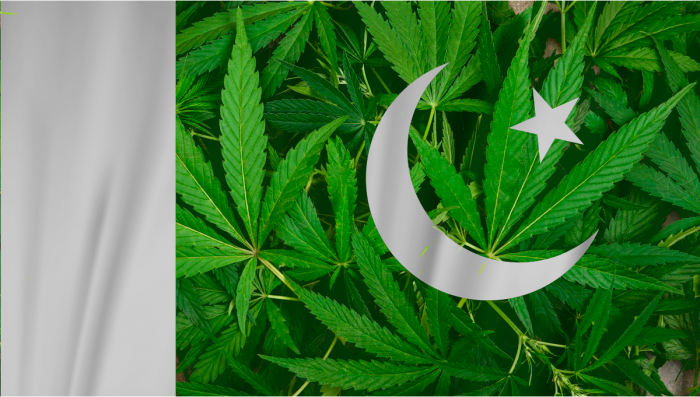








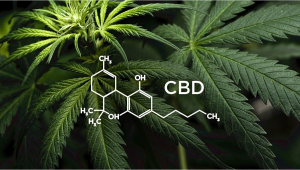

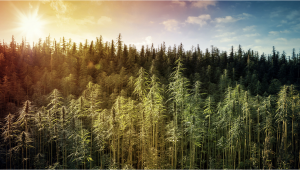


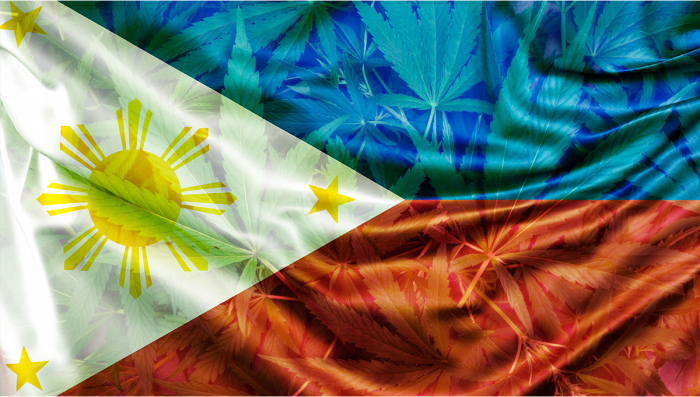

Comments